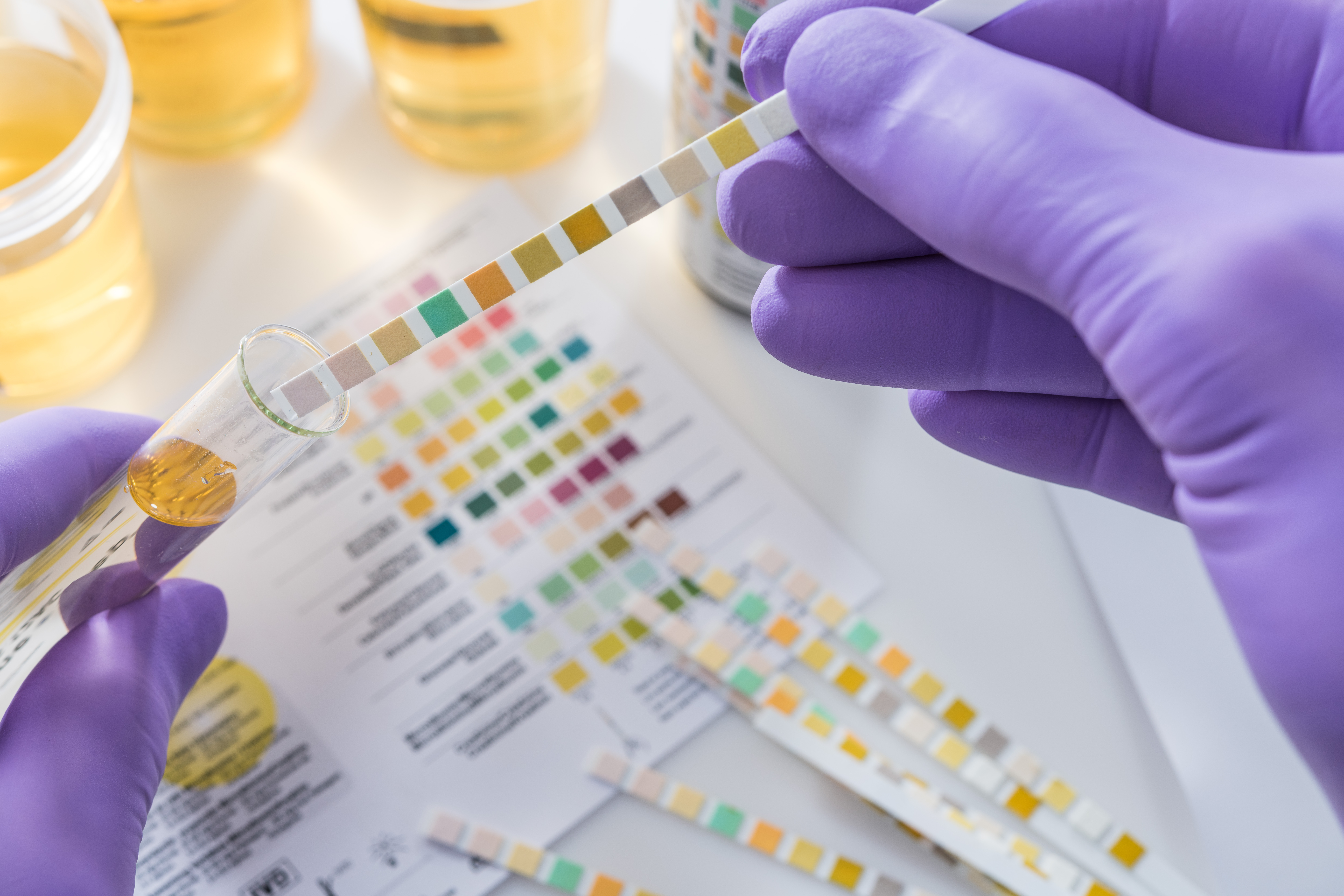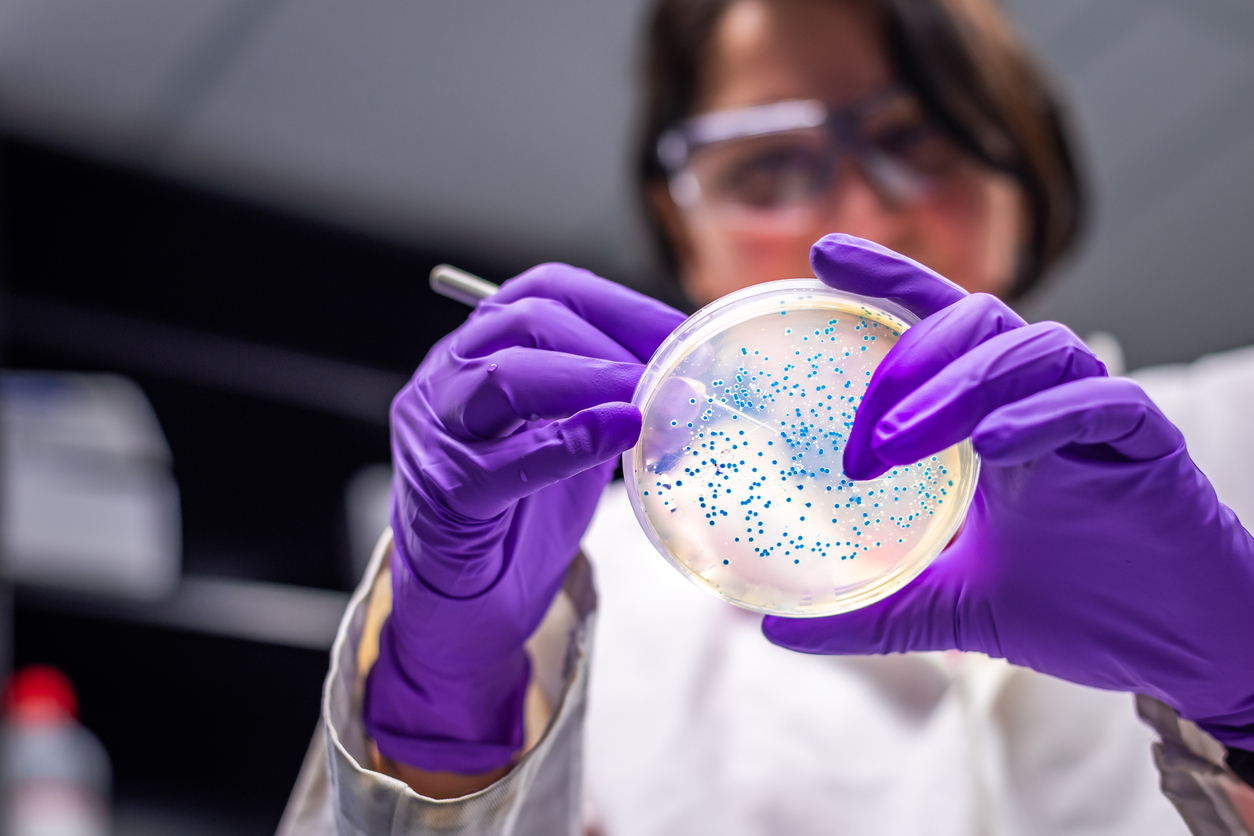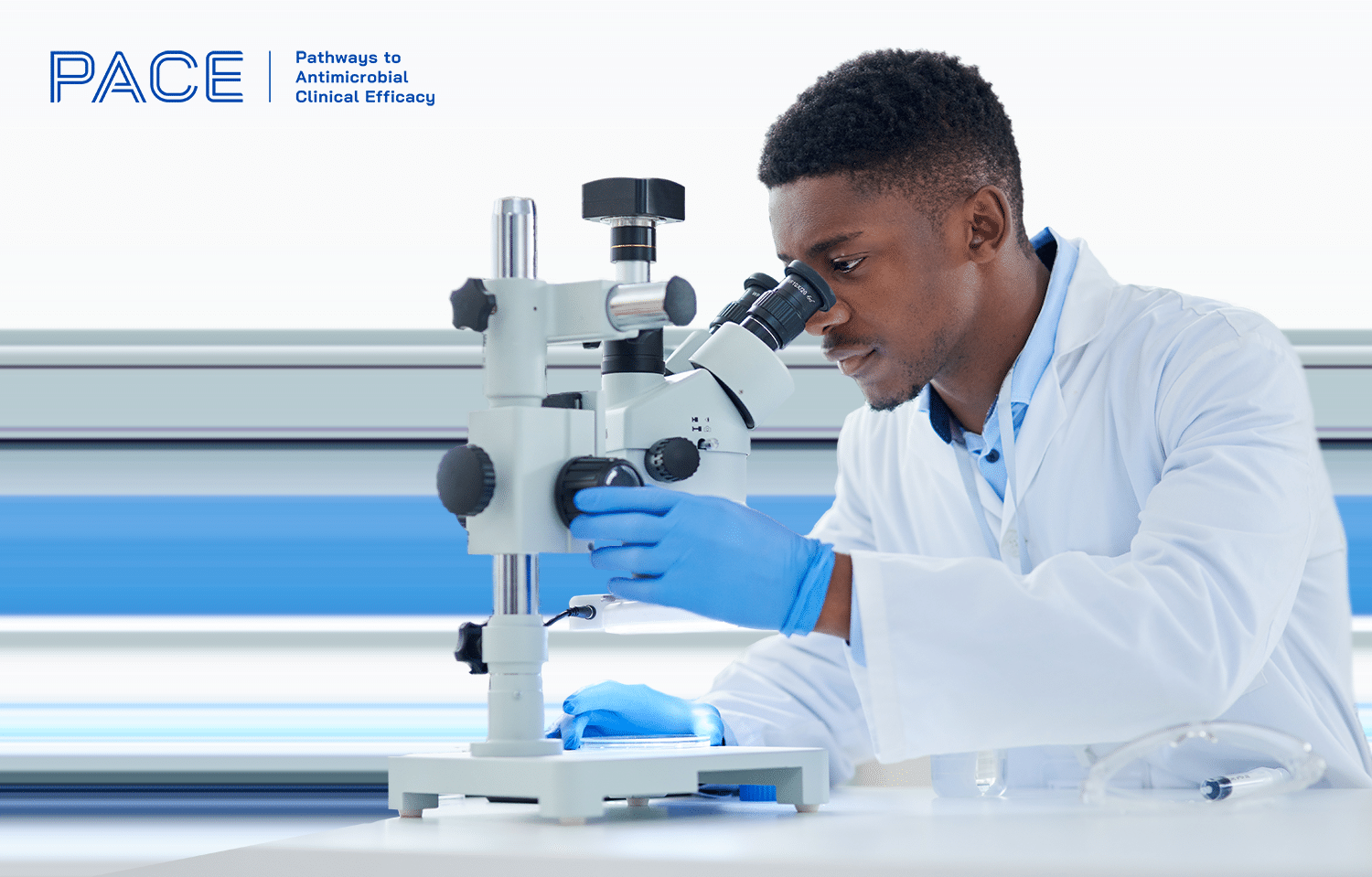A new UK-India research project, DOSA2, is trialling an easy-to-use test to determine if a urinary tract infection (UTI) is present to help establish a suitable course of action and help fight against the global threat of antimicrobial resistance (AMR).
The project, Diagnostics for One Health and User Driven Solutions for Antimicrobial Resistance (DOSA), is bringing together 5 leading academic institutions to create innovative and rapid diagnostic technologies to reduce AMR. The new project is a continuation of the successful DOSA1 project, funded by UK Research and Innovation, Economic Social Science Research Council, Newton Fund, and the Government of India’s Department of Biotechnology, which has developed a low-cost, easy-to-use diagnostic strip. Once dipped in a urine sample, it tells in minutes if an infection is present which can inform the best course of action.
The field study of DOSA2 is attempting to tackle the global issue of AMR at the community level by working with healthcare professionals at Primary Healthcare Centres, volunteers and Accredited Social Health Activists (ASHAs), employed by the Ministry of Health and Family Welfare in India. They will collect urine samples from communities in India to help assess the accuracy of the DOSA UTI Test Strip and work with ASHAs and the community to establish an understanding on the knowledge and practises around UTIs.
UTIs are the second leading cause of antibiotic consumption worldwide, with antibiotics often bought over the counter in India and taken without medical supervision, creating a vicious cycle of AMR. Often, community members, especially in rural settings in lower and middle income countries, suffer from frequent UTIs but do not seek medical care because of social and economic barriers. UTIs can cause lasting problems and can lead to death if appropriate medical care is not provided. They can be seen as a neglected infection, given that they predominantly affect women, are invisible, and carry social stigma.
The test uses two specific indicators in urine to detect the presence of bacteria and an infection. It is designed to be used at home and is a fraction of the cost of commercially available alternatives, at less than 10 pence per strip, with an easier readout, and better environmental impact.
Previous early testing conducted at Edinburgh Medical School and Silchar Medical College in India, and two other field studies with ASHAs in India, has proven its performance under lab conditions and how desired the test is in the communities.
A crucial part of the project is to help overcome stigma and engage rural communities across India to build trust and show the benefit of this kind of testing. The test is designed to be easy-to-use and accessible through a visual guide to provide more information about personal health and how to use the test.
The goal of the field trial is to see how the test performs and how easy it is to use. India has the highest human antibiotic use in the world and, if successful, the DOSA Project could significantly help in the prevention and treatment of UTIs and the appropriate use of antibiotics in the country. The research is part of a broader effort to shift the UTI treatment landscape in low-and-middle-income countries, by addressing health, behaviours and systems and the interactions between them.
AMR is one of the World Health Organization’s top ten threats to global health which, if unchecked, could lead to 10 million deaths per year by 2050. This is because the antibiotics we rely on every day to deal with minor infections or after surgery could simply stop working.
Dr Mike Strange, Head of Global Health, LifeArc, commented: “We are delighted to be supporting the DOSA UTI field trial as part of our Global Health Translational Challenge in Antimicrobial Resistance and to help bring promising medical research from the lab and turn it into breakthroughs for patients. Through our work, we hope to help slow the emergence of drug-resistant infections and improve the ability to diagnose and treat them.”
Professor Till Bachmann, Personal Chair of Molecular Diagnostics and Infection at the University of Edinburgh, said: “UTIs are the second leading cause of human antibiotic consumption worldwide, with antibiotics often bought over the counter and taken without medical supervision, creating a vicious cycle of antimicrobial resistance. UTIs can cause lasting, sometimes life-threatening, problems, if appropriate medical care is not provided. This project has the potential to transform lives through a cost-effective and simple-to-use diagnostic test. We are immensely proud and thankful of our continued successful collaboration with our partners at the University of the Arts London, Silchar Medical College, Assam University and the Indian Institute of Technology Delhi and – most importantly – partners in primary care and the community in Assam. LifeArc’s investment in this field trial will ultimately enable policy makers to collect and analyse reliable data in the community in an unprecedented way. We hope to show the project’s viability to deliver meaningful change across India which could then lead to widespread adoption across other low-and middle-income countries and for other conditions.”
Dr. Amitabha Bhattacharjee, Assam University reported: The DOSA project and current field study were presented at the 4th International Conference on Contemporary Antimicrobial Research we hosted at Assam University as part of the World Antibiotic Awareness Week 2023. It received huge appreciation from the clinical, academic and policy audience and was highlighted as prime case for AMR intervention with high impact potential.
DOSA2 is coordinated by the University of Edinburgh and includes partners at the University of the Arts London, Silchar Medical College, Assam University and the Indian Institute of Technology Delhi.
Media contact
Hannah Severyn
Head of Media and PR at LifeArc



